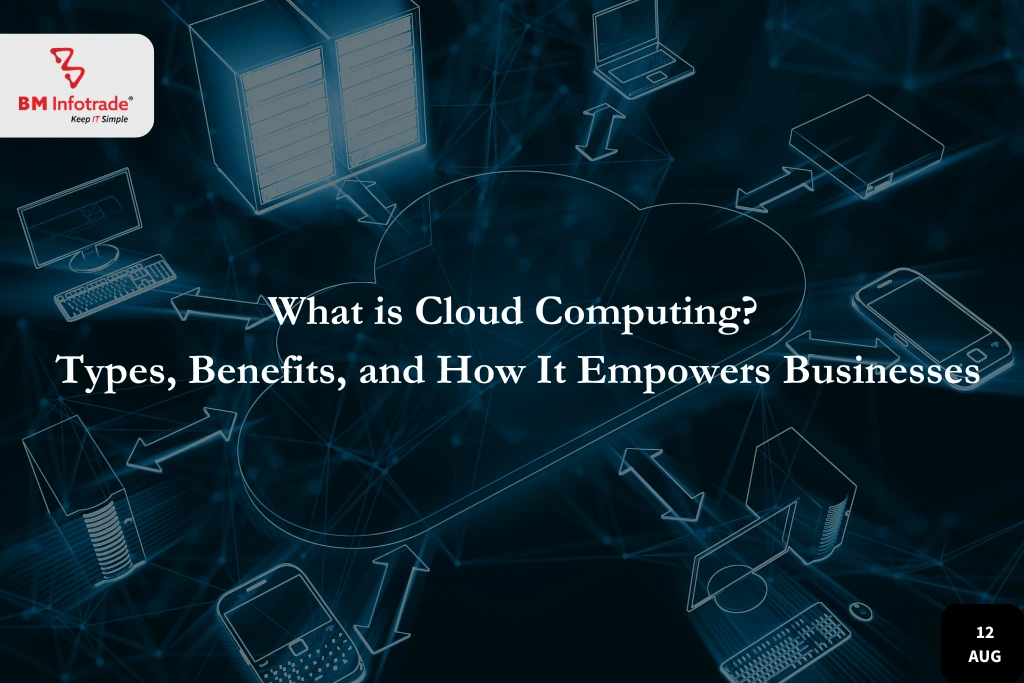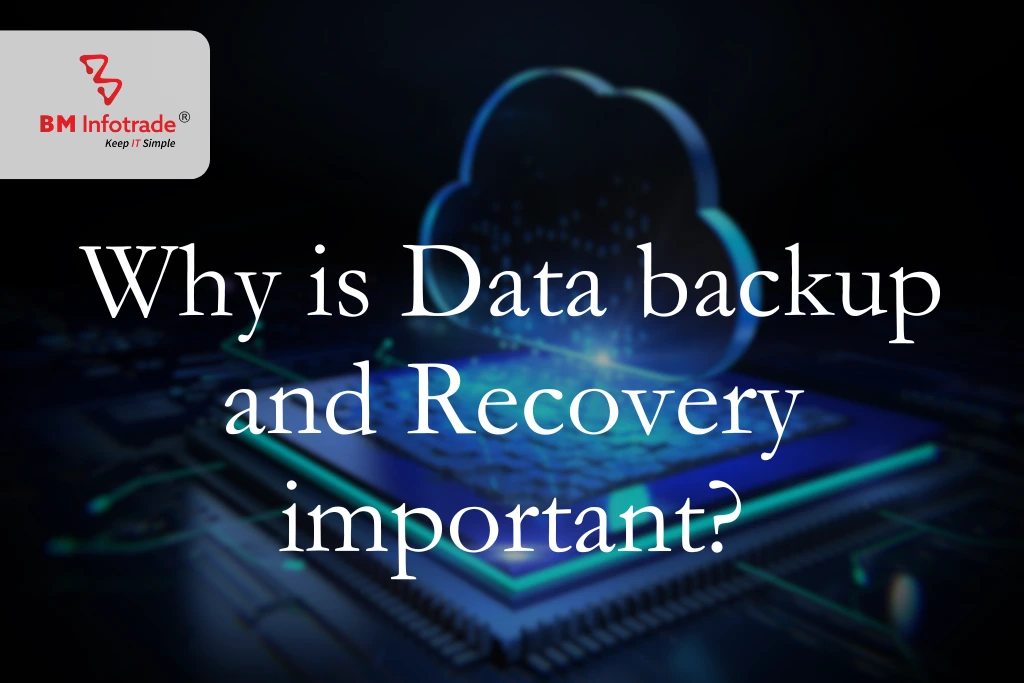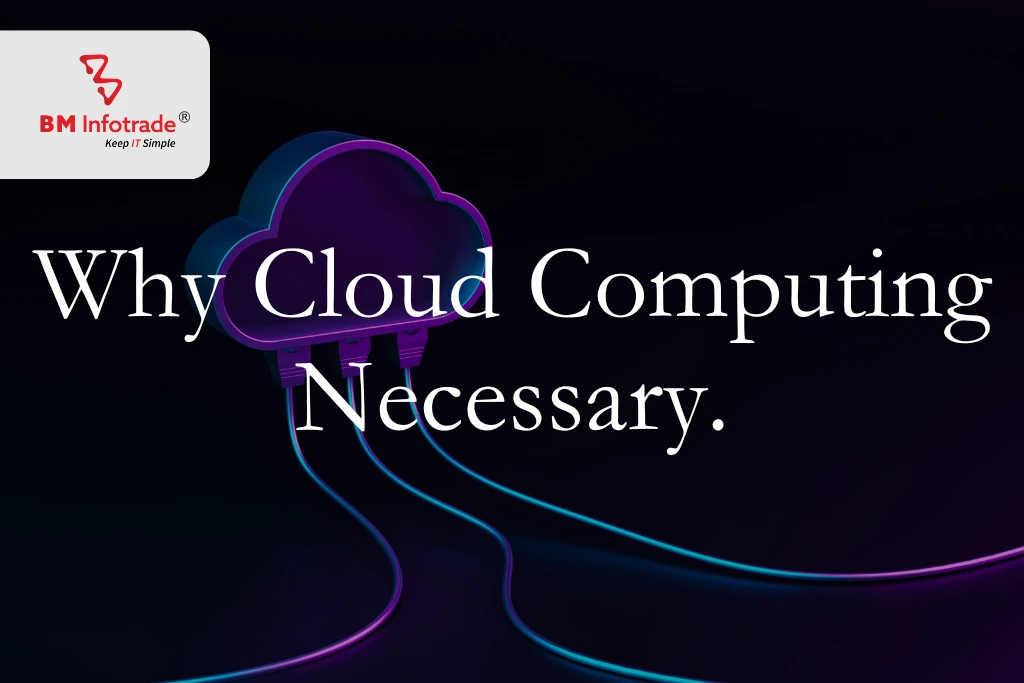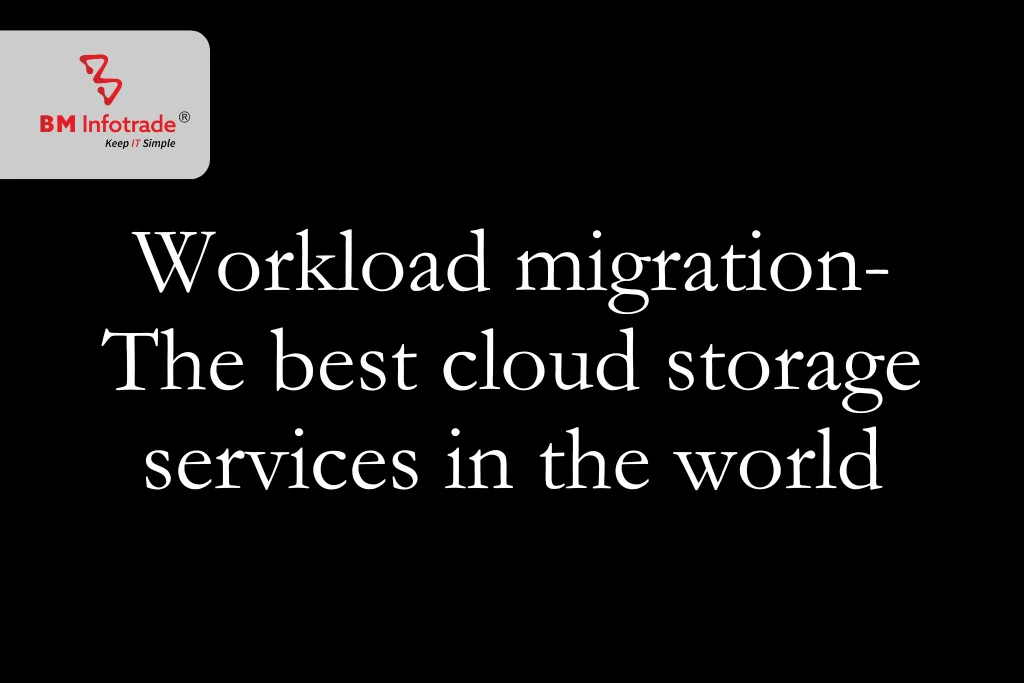Top Cloud Computing Tools You Need to Know
Cloud computing offers scalable, flexible, and cost-effective solutions that enhance business productivity through services like storage, computing, networking, and security.

Top Cloud Computing Tools You Need to Know
Table of Contents
- 1. Amazon Web Services (AWS)
- 2. Microsoft Azure
- 3. Google Cloud Platform (GCP)
- 4. IBM Cloud
- 5. Oracle Cloud Infrastructure (OCI)
- 6. Alibaba Cloud
- 7. VMware Cloud
- 8. Salesforce Cloud
- 9. Red Hat OpenShift
- 10. Dropbox
- 11. Citrix Cloud
- 12. SAP Cloud Platform
- 13. Nutanix
- 14. ServiceNow Cloud
- 15. GitHub and GitLab
- Conclusion
With cost-effective solutions that offer scale and flexibility, cloud computing has changed the way businesses work. Organizations can utilize cloud tools for a variety of services such as storage, computing power, networking, and security, which, in turn, boosts productivity. In this article, we cover the best tools for cloud computing that are going to be essential in 2025.

1. Amazon Web Services (AWS)
The AWS cloud is Amazon’s most popular service, showcasing a full range of options: computing, storage, machine learning, database management, security, and so much more. Due to AWS’s extensive global infrastructure, it's popular among companies across every industry and of all sizes.
Key Features:
- Elastic Compute Cloud (EC2) for scalable computing power.
- Simple Storage Service (S3) for secure object storage that is also highly durable.
- Lambda is a wonderful option for serverless computing.
- RDS for managed relational databases.
Read More: AWS Disaster Recovery: Ensuring Business Continuity in the Cloud Era
2. Microsoft Azure
Like AWS, Microsoft Azure offers strong cloud computing services tailored to enterprises, ranging from computing and analytics to networking and data storage. It is the most recommended solution for businesses that work with Microsoft because of its effortless integration with other Microsoft products.
Key Features:
- Virtual Machines for computing resources.
- Azure Kubernetes Service (AKS) for container orchestration.
- AI and machine learning services.
- Azure Active Directory for identity and access management.
3. Google Cloud Platform (GCP)
Google Cloud is recognized for its abilities in high-performance computing, AI, and data analytics. Its services come in handy for data-centric businesses, startups, and even enterprises.
Key Features:
- Google Compute Engine for virtual machines.
- BigQuery for large-scale data analysis.
- Google Kubernetes Engine (GKE) for containerized applications.
- TensorFlow and AI/ML capabilities.
4. IBM Cloud
Creating a hybrid cloud system has been made easier by integrating AI, blockchain, and data science tools through IBM Cloud. Those enterprises that are looking to attain a multi-cloud approach widely favor this platform.
Key Features:
- Holistic AI-powered cognitive computing through IBM Watson AI.
- Cloud-native app development through Cloud Foundry.
- Container management through Kubernetes and OpenShift.
- Secure digital transactions through blockchain services.
5. Oracle Cloud Infrastructure (OCI)
All organizations that require robust database management, analytics, and SaaS offerings will benefit from Oracle Cloud's high-performance computing and database solutions.
Key Features:
- Self-managing databases made easy with Oracle Autonomous Database.
- High-performance computing made easy with Bare Metal Compute.
- Enterprise resource planning made easy through Oracle Cloud ERP.
- Oracle Cloud security is compliantly integrated.
6. Alibaba Cloud
Alibaba Cloud is a top cloud service provider in Asia, listed along with AWS and Azure as competitors. It's often used for e-commerce and artificial intelligence, as well as for big data applications.
Key Features:
- Elastic Compute Service (ECS) for cloud servers.
- ApsaraDB for managed database services.
- Alibaba Cloud AI, which provides machine learning solutions.
- Powerful security and compliance services.
7. VMware Cloud
VMware Cloud specializes in hybrid cloud and virtualization solutions. It enables smooth workload transitions between public and private clouds.
Key Features:
- VMware vSphere for virtualization management.
- VMware NSX for network virtualization.
- VMware Cloud Foundation for harboured cloud architecture.
- Multi-cloud support for AWS, Azure, and Google Cloud.
8. Salesforce Cloud
Salesforce Cloud is a leader in offering cloud-based CRM solutions. It offers functionality for sales, marketing, customer service, and business intelligence.
Key Features:
- Sales Cloud for customer relationship management.
- Marketing Cloud for digital marketing automation.
- Service Cloud for customer support solutions.
- Einstein AI for advanced predictive analytics.
9. Red Hat OpenShift
OpenShift is a container platform built around Kubernetes, which allows developers to build, deploy and manage applications in a timely and efficient manner.
Key Features:
- Kubernetes-based container orchestration platform for enterprise customers.
- Integrated with Red Hat Linux.
- Supports deployment and scaling automation.
- Excellent security and compliance features.
10. Dropbox
With Dropbox, users have access to the cloud storage sectors while having the option to share files and collaborate on them in real-time. It is quite popular amongst people and companies for the management of business and media documents.
Key Features:
- Cloud storage with automated syncing.
- File sharing and collaboration in real time on a single document.
- Robust security and permissions management system.
- Support for external software product integration.
11. Citrix Cloud
Designed for virtual desktop infrastructure (VDI) and digital workspace solutions, Citrix Cloud enables remote work and secure data access.
Key features:
- Delivers applications and virtual desktops.
- Provides secure remote work solutions.
- Supports multi-cloud and hybrid cloud deployment.
- AI-powered security features.
12. SAP Cloud Platform
SAP Cloud delivers top-tier services for business applications, analytics, and databases.
Key Features:
- In-memory computing with SAP HANA.
- Integrated AI and IoT functionalities.
- ERP and CRM services on the Cloud.
- Integration with SAP enterprise software.
13. Nutanix
Nutanix simplifies the cloud approach with their hyper-converged infrastructure (HCI) solutions, which combine computing, storage and networking into a single system, eliminating the complexity of cloud functions.
Key Features:
- Cloud infrastructure with hybrid support.
- Virtualization using Nutanix AHV.
- Automation and management using AI.
- Multi-cloud support with cost savings.
14. ServiceNow Cloud
ServiceNow offers businesses IT service management (ITSM) in the form of cloud computing, along with other automation solutions.
Key Features:
- Automation systems for IT processes.
- Service desk solutions using AI.
- Cloud management of infrastructure with more features.
- Oversight on security and compliance.
15. GitHub and GitLab
These platforms cater to software development teams by offering cloud version control and DevOps solutions.
Key Features:
- Management of source code through git
- Automation of CI/CD pipelines
- Collaboration, code review, and commenting features
- Scanning of security vulnerabilities
Read More: Importance of Cloud-Native Security
Conclusion
Cloud computing service providers offer a wide range of options to meet various business needs. Organisations seeking IT infrastructure may opt for AWS or Azure, while those focusing on AI can turn to Google Cloud. For DevOps, GitHub is a preferred choice. Choosing the right cloud tools depends on a company’s goals and can drive efficient, agile, and scalable operations.







Anshul Goyal
Group BDM at B M Infotrade | 11+ years Experience | Business Consultancy | Providing solutions in Cyber Security, Data Analytics, Cloud Computing, Digitization, Data and AI | IT Sales Leader